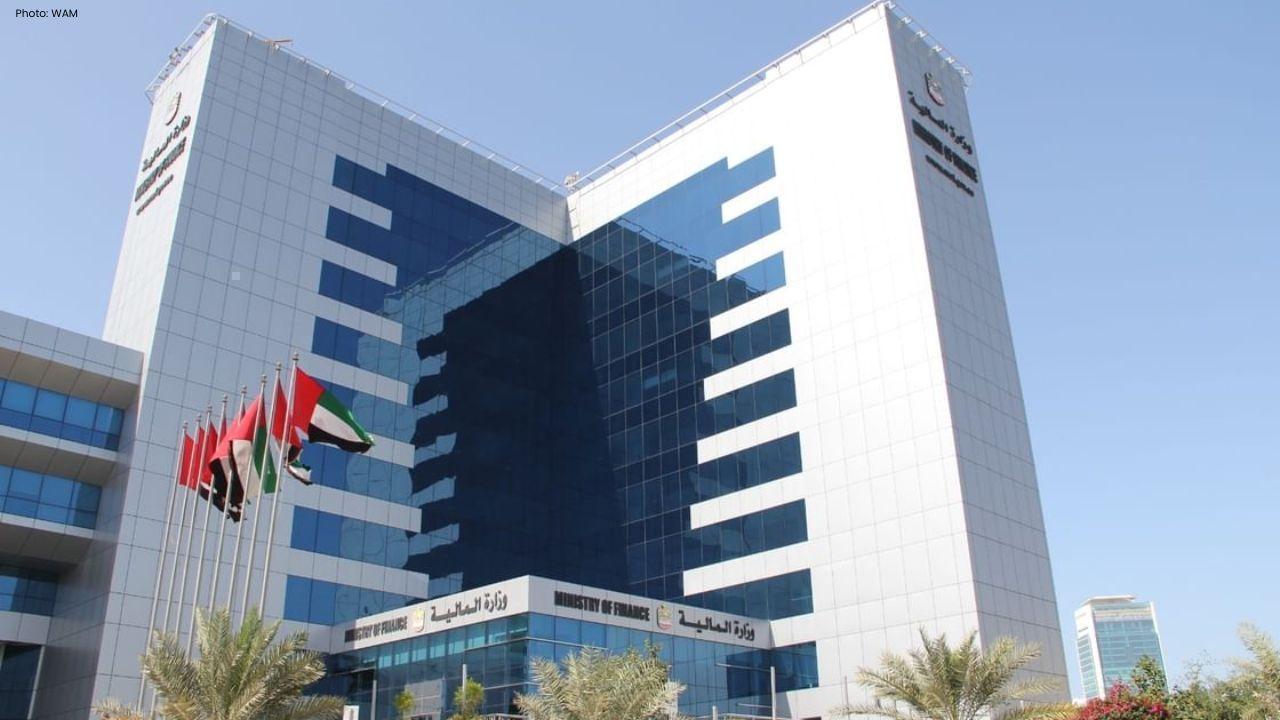
Post by : Mumtaaz Qadiri
Photo: Reuters
Microsoft has shut down its only office in Pakistan and removed a few employees. But it has not left the country completely. It will continue to serve customers in Pakistan by working with local companies and through offices in other countries.
What exactly happened?
Microsoft has officially closed its office in Pakistan after operating there for 25 years. The company removed five people who were working at this office. This information became public when Jawwad Rehman, who once led Microsoft Pakistan, shared a post on LinkedIn. He said Microsoft had “officially closed operations” in the country.
After this post, people started talking about why the company made this decision and what it means for Pakistan.
What did Microsoft say?
Microsoft confirmed that it has shut down its physical office in Pakistan. But the company made it very clear that it is not leaving Pakistan. It said it will still offer its services and work with local customers, but it will do so in a different way.
Instead of having its own office in Pakistan, Microsoft will now rely on local business partners and nearby offices in other countries. This way of working is not new. Microsoft already uses this model in many other countries.
Why did Microsoft make this decision?
The reason for closing the Pakistan office is part of a global plan. Microsoft is changing how it operates around the world. It is moving away from old-style offices and focusing more on cloud-based services, artificial intelligence (AI), and software as a service (SaaS).
This means Microsoft no longer needs as many physical offices. More work is now done online, and customers buy services over the internet.
As part of this plan, Microsoft is also reducing its number of employees. Recently, it announced that it will cut about 9000 jobs worldwide. That’s around 4% of its total global staff of over 220,000 people. These changes are part of a larger plan to save money and focus more on new technologies.
Did Pakistan’s government say anything?
Yes. The Ministry of Information Technology and Telecommunication in Pakistan responded quickly. They said that Microsoft is not ending its presence in Pakistan. Instead, the company is following a new global strategy.
The ministry explained that Microsoft will now serve customers in Pakistan through regional offices and local partners. They also mentioned that Microsoft has been using this method in other parts of the world too.
What are technology experts saying?
Several technology experts in Pakistan say this decision is not because of Pakistan's economy or politics. Instead, it is a global change in Microsoft’s business model.
A well-known tech consultant, Habibullah Khan, explained that many software companies are now choosing to sell products and services over the internet. This is because cloud-based technology allows them to work with customers directly online, without needing a physical office in every country.
He added that Microsoft’s decision does not mean the company has lost faith in Pakistan. It simply means the company wants to save costs and follow the global trend of doing business in a digital way.
Does this mean Microsoft has exited from Pakistan?
No, Microsoft is still active in Pakistan. It is just closing down its local office and changing how it operates. Customers in Pakistan will still be able to buy Microsoft products like Windows, Office, Azure, and other services.
Support and help will now come from local business partners or regional offices in nearby countries, instead of a Microsoft office located inside Pakistan.
How big was Microsoft’s office in Pakistan?
Microsoft’s office in Pakistan was not very large. It did not have any major engineering or product development teams. Most of the work done there was related to sales, marketing, and helping customers.
Even before the office was closed, many customer-related tasks were already being handled by other offices and local partners. So, the impact of this closure is small when looking at the bigger picture.
What are others saying about this?
Jawwad Rehman, the former head of Microsoft Pakistan, said this decision shows how important it is for Pakistan to create better business conditions. He said the government should make stronger policies to attract and keep global companies.
He also shared that Microsoft once considered expanding in Pakistan, but chose Vietnam instead. The reason was that Vietnam had better economic and political stability.
Former President of Pakistan, Arif Alvi, also called the move a “worrying sign” for the country’s economy. He said it shows that Pakistan needs to do more to keep foreign companies interested.
Is this happening only in Pakistan?
No, Microsoft is making similar changes in many countries. The company is trying to become more efficient by using technology and reducing costs. That’s why it is cutting jobs and closing small offices that are not essential.
Other companies like Careem have also scaled down operations in Pakistan. But experts say that in Microsoft’s case, the move is more about global business planning than about problems in Pakistan.
What does this mean for people in Pakistan?
For everyday users and businesses in Pakistan, not much will change. Microsoft’s services like Word, Excel, Teams, and OneDrive will still be available. Businesses will still be able to buy licenses and get support through Microsoft’s partners.
However, this move is a reminder that Pakistan needs to improve its business environment, create clear policies, and offer stability to attract global tech companies in the long term.










Final Solar Eclipse Of 2025 To Occur On September 21
The final solar eclipse of 2025 on September 21 will be partial, visible in the Southern Hemisphere

Suryakumar Yadav Focuses on Team, Avoids Pakistan Talks Ahead
India captain Suryakumar Yadav avoids Pakistan mentions, urges focus on team, and asks fans for supp

India's Asia Cup Win Over Oman Highlights Team's Strengths & Depth
India beat Oman by 21 runs in Asia Cup, with key contributions from Hardik Pandya, Abhishek Sharma,

Arshdeep Singh Becomes First Indian Fast Bowler to 100 T20I Wickets
Arshdeep Singh becomes first Indian fast bowler to reach 100 T20I wickets, while Hardik Pandya equal

Oracle in Talks With Meta for $20 Billion Cloud Computing Deal
Oracle is negotiating a $20 billion cloud computing deal with Meta to support AI model training, mar

Alcaraz and Mensik Lead Team Europe to Doubles Win at Laver Cup
Carlos Alcaraz and Jakub Mensik help Team Europe beat Team World in doubles at the Laver Cup. Casper